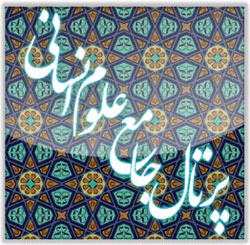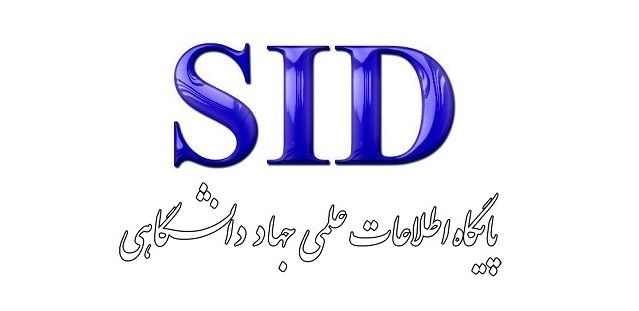Official Historiography and the History of Resistance: Representations of the State in Iranian School Textbooks
Keywords:
official historiography, resistance history, history textbook, discourse of power, educational ideology, IranAbstract
This article investigates the dominant discourse of official historiography and the marginalization or elimination of resistance narratives in Iranian school history textbooks. Using a systematic and analytical review methodology, the study is grounded in Michel Foucault’s theory of discourse and power, Louis Althusser’s concept of ideological state apparatuses, and postcolonial perspectives on silenced subaltern voices. The analysis of existing literature reveals that representations of the state in Iranian textbooks are highly centralized, heroic, and ideological. Political and military figures, along with state institutions, are portrayed in an idealized and ahistorical manner, while concepts such as resistance and national unity are framed exclusively in relation to state power. Conversely, narratives of resistance—encompassing social protests, student movements, ethnic and religious minority struggles, and working-class activism—are either omitted altogether or depicted as deviant, foreign-influenced, or threatening. Furthermore, ethnic, gender, and class differences are systematically erased. These findings support the claim that formal education in Iran, through history curricula, functions not to disseminate historical knowledge, but rather to reproduce a controlled, state-legitimizing collective memory. The article concludes with recommendations for revising textbook content, embracing multi-vocal narratives, and producing alternative historical resources for educational use.
Downloads
References
Althusser, L. (1971). Ideology and ideological state apparatuses. In Lenin and Philosophy and Other Essays. Monthly Review Press.
Bhabha, H. K. (1994). The location of culture. Routledge.
Bourdieu, P., & Passeron, J. C. (1990). Reproduction in education, society and culture (2nd ed.). SAGE.
Fairclough, N. (1995). Critical discourse analysis: The critical study of language. Longman.
Foucault, M. (1972). The archaeology of knowledge. Pantheon Books.
Foucault, M. (1977). Discipline and punish: The birth of the prison. Pantheon Books.
Giroux, H. A. (1983). Theory and resistance in education: A pedagogy for the opposition. Bergin & Garvey.
Said, E. W. (1978). Orientalism. Pantheon Books.
Spivak, G. C. (1988). Can the subaltern speak? In C. Nelson & L. Grossberg (Eds.), Marxism and the interpretation of culture (pp. 271–313). University of Illinois Press.
Van Dijk, T. A. (2008). Discourse and power. Palgrave Macmillan.
Wodak, R., & Meyer, M. (2009). Methods of critical discourse analysis (2nd ed.). SAGE.
Zinn, H. (1980). A people's history of the United States. Harper & Row.









